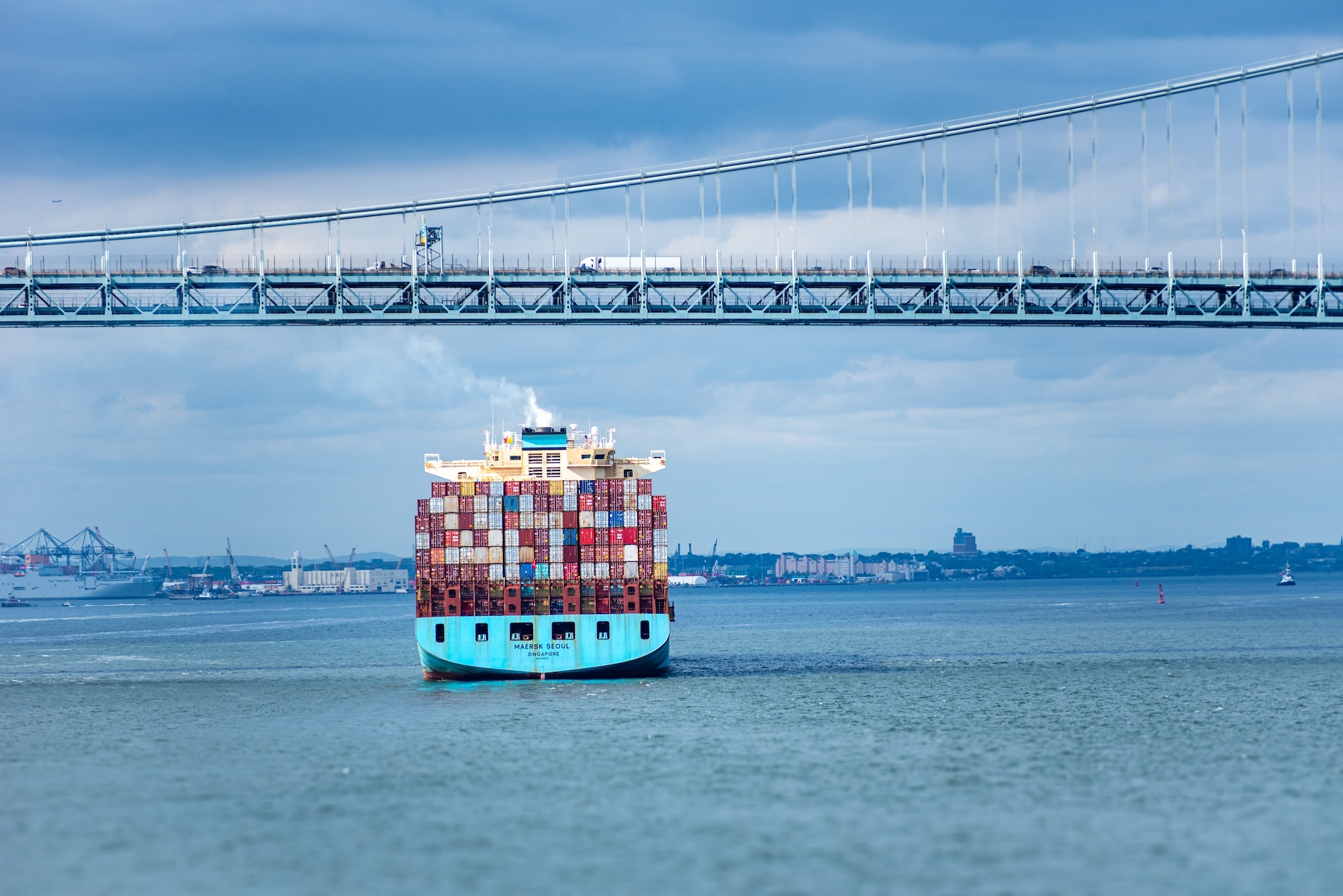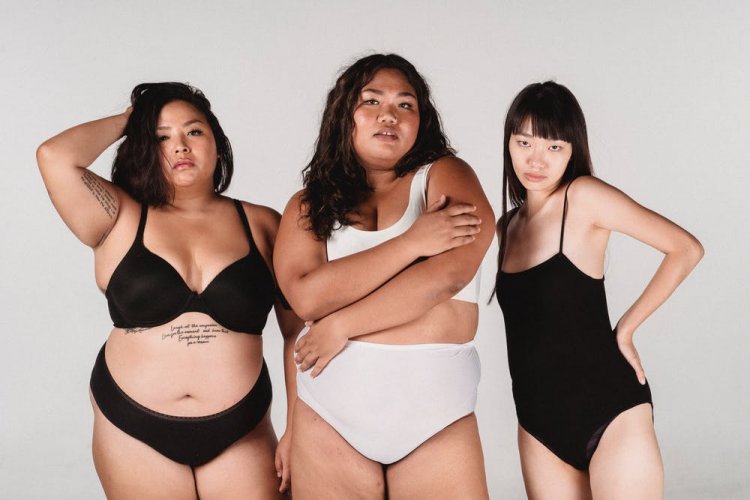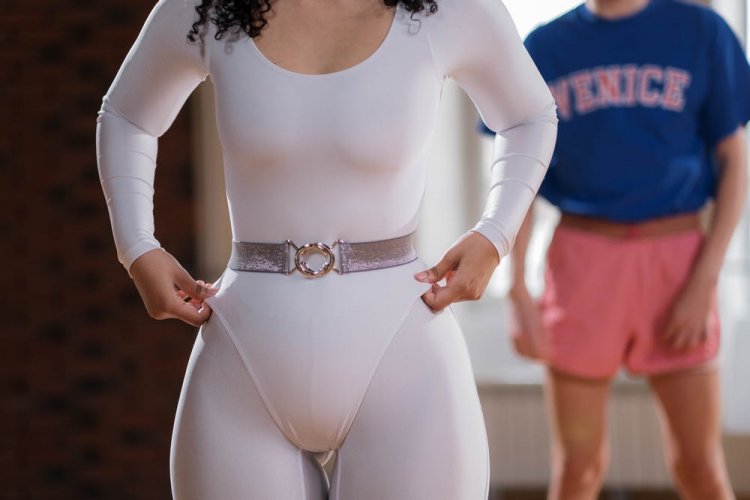Estonia speaks out against EU social media ban for kids
HORSENS, Denmark — Estonia is opposed to a push by the European Union to take further action to restrict kids’ access to social media, its digital minister told POLITICO in an interview.
The intervention comes as most European Union countries fall in line behind plans for a digital age of majority across the EU, which could restrict children below a certain age from accessing social media platforms and would be the strongest move yet to protect kids online.
A declaration expressing support for the general idea of a digital age of majority was tabled at a ministerial meeting in Denmark on Friday. Estonia and Belgium declined to sign, while the rest of the EU countries, plus Norway and Iceland, did.
“Estonia believes in an information society and including young people in the information society,” Estonia’s minister of justice and digital affairs, Liisa-Ly Pakosta, told POLITICO.
Tallinn is in favor of enforcing existing rules designed to offer protections, such as the EU’s General Data Protection Regulation, rather than changing the current age restrictions, Pakosta said. That bans children under 13 from consenting to their data being processed, with countries able to increase that threshold.
An age limit on social media would be a “very easy thing to do,” but countries should instead invest in better education for the digital age, she said.
“Estonia believes in an information society and including young people in the information society,” said Pakosta.
If one in 10 children has “problematic” use of social media, as the declaration cites, then the government should figure out what is not working for these children, she added.
Not setting a minimum age threshold for social media is an “easy way out,” because “it is a difficult decision to make and I can see it on a national level,” Caroline Stage Olsen, Denmark’s minister for digital government, told POLITICO when asked about Estonia’s decision not to sign the EU-wide commitment.
A digital age of majority may be a “radical move” but it is “needed when we look at the numbers of our children’s well-being,” said Stage Olsen.
Denmark has spearheaded the declaration as part of its presidency of the Council of the EU.
Belgium’s minister for public modernization, Vanessa Matz, said in a statement that the country did not sign the declaration because the Flanders region vetoed it.
But she said her presence at the meeting in Denmark demonstrates Belgium’s “determination to advance this fight for a safer internet.”
While the Netherlands signed the declaration, it also expressed reservations about the content, particularly regarding provisions on age verification. It’s an “intrusive” measure that should always be proportionately applied, Digitalisation Minister Eddie van Marum said in an interview.
“For services or products with legal age restrictions and proven harm to children — such as alcohol and tobacco — the use of age verification is more easily justified, and in some cases even legally required, such as with online gambling,” he said.
The criticism follows an escalation of the debate about EU-wide action. European Commission President Ursula von der Leyen last month came out strongly in favor, and convened a panel of experts to study whether and how to implement a social media ban. But legal experts agree it’s up to national governments, not the EU, to set age restrictions.
The Danish government announced plans this week to introduce parental controls for several social media platforms for children under the age of 15.
Tech industry lobbies and child rights groups have expressed skepticism about the effectiveness of social media bans.
CORRECTION: The name of the digitalisation minister has been adjusted.




:quality(85):upscale()/2023/09/18/918/n/1922398/a1136b676508baddc752f5.20098216_.jpg)
:quality(85):upscale()/2025/10/09/670/n/1922283/00b944c868e7cf4f7b79b3.95741067_.jpg)
:quality(85):upscale()/2025/09/09/891/n/1922283/7222624268c08ccba1c9a3.01436482_.png)
:quality(85):upscale()/2023/10/03/668/n/1922283/1f15c8a9651c2d209e5eb5.32783075_.jpg)



























